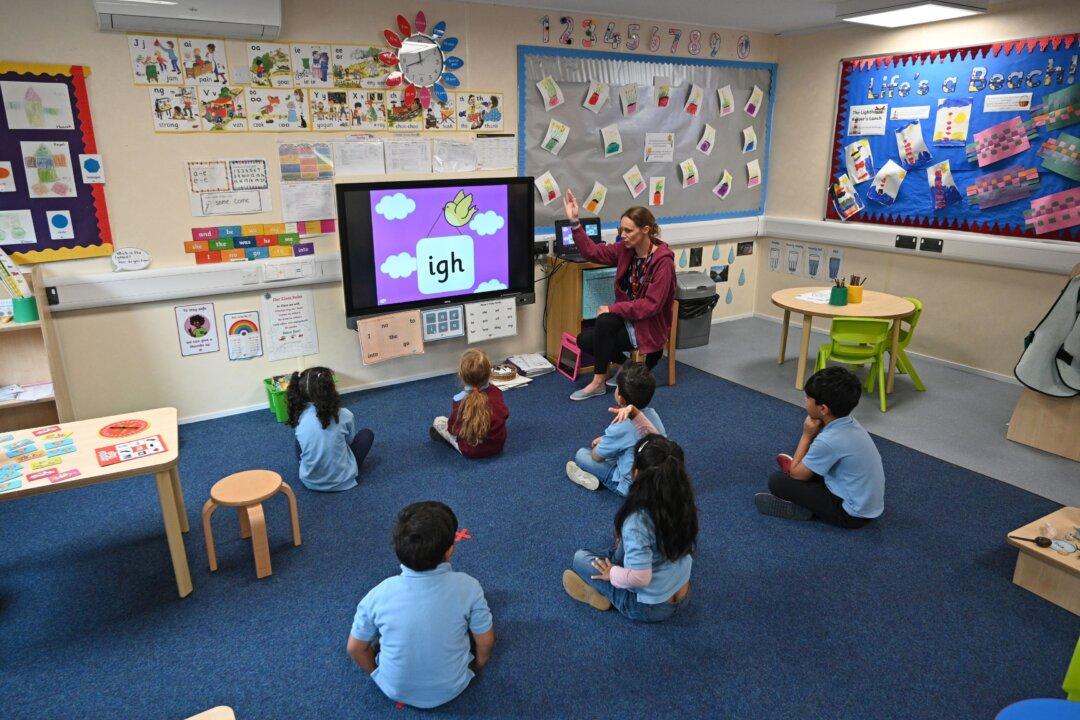A new report into the legal minefield facing schools over gender identity says allowing schoolboys into girls’ toilets and changing rooms could break the law.
Gender-critical campaign group Sex Matters also found that socially transitioning children in the classroom is not compatible with schools’ statutory responsibilities.





